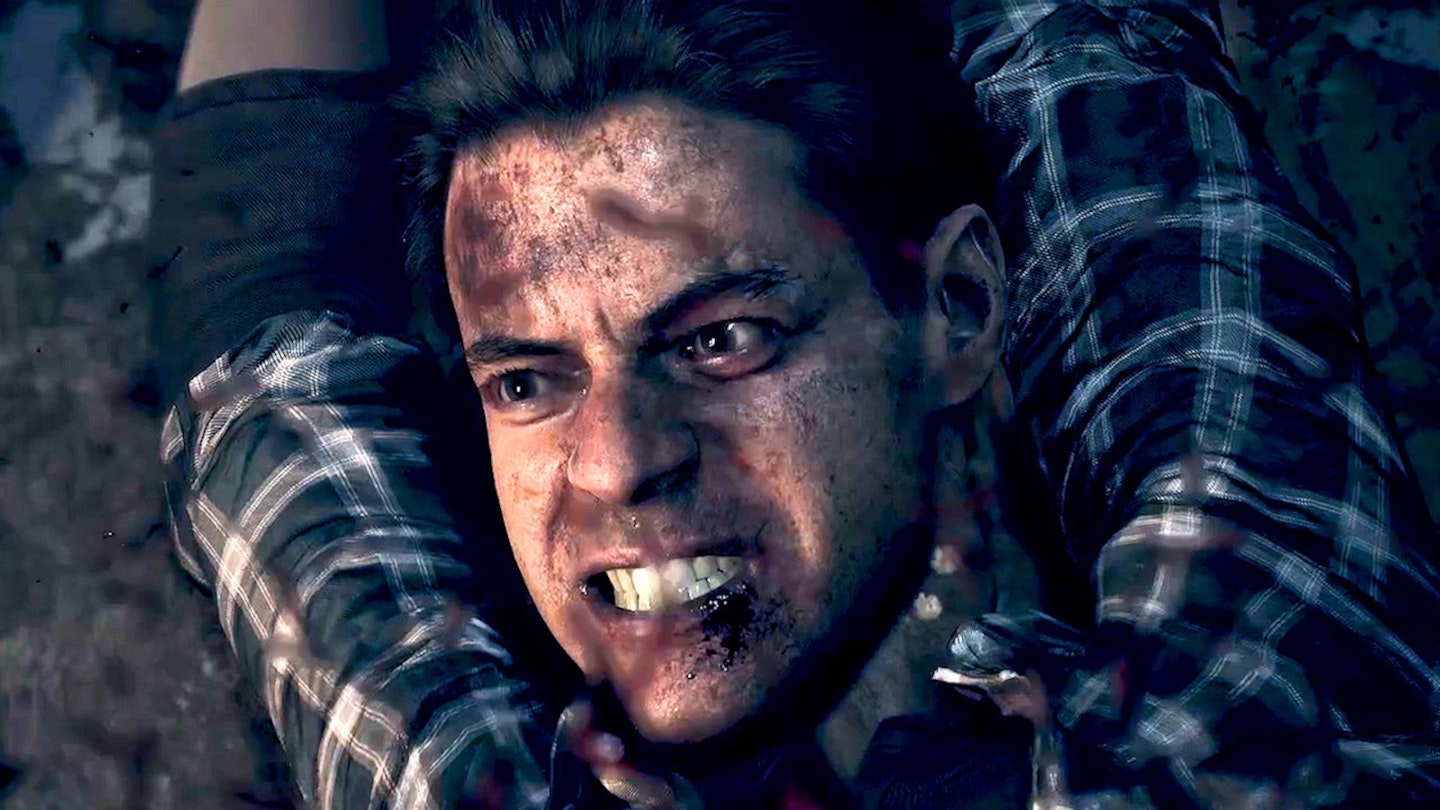Platforms: PS5, PC
Supermassive Games have made a name for themselves with “playable horror movies” – building branching narrative paths and life-or-death quick time events from the traditions of slashers and other genre pulp — a name established with the release of Until Dawn back in 2015. Nearly a decade later comes this remaster, developed by Ballistic Moon.

The core of Until Dawn is still enjoyable enough. The story sees a group of teenagers heading back to a cabin in the mountains for the anniversary of a friend’s death on their previous visit. Things go awry, and to make it through the situation alive, they have to tough it out… until dawn_._ The cast is comprised of loveable doofuses – Brett Dalton, Hayden Panettiere, and Rami Malek included among their ranks – almost all of whom the player controls at various points during the game’s different chapters. They’re an enjoyably obnoxious bunch, if a little too tightly knit (everyone seems to be dating everyone else!)
The original release felt like it was poking fun at the sort of horror film audience who complain about these characters being idiots – leaving the decisions in your hands implying a sense of “see if you do any better”. The game makes a big deal about its ‘butterfly effect’ conceit, where decisions have weight: in the tradition of The Walking Dead’s “X will remember this”, Until Dawn reminds you that everything you’re doing, even if it’s just snooping on someone’s phone, has a knock-on effect. Decisions made (or simply missed button prompts) will ultimately decide which of these characters lives or dies. And that goes for everybody — the entire cast can kick the bucket in rather brutal fashion if you don’t pay close attention.
This updated version has a few changes to its presentation, thanks to an accumulation of little touches here and there that presume to make things look a little more slick. It opts for a permanently widescreen aspect ratio even outside of cutscenes, updated title treatments with serif font presented big and bold with each new chapter, these minor details updated, seemingly, to try and make it feel more in tune with contemporary horror flicks. The character models are now rendered with a bit more detail, but in places seem more uncanny than the versions from 10 years ago.

The score has been reworked, the prologue has tweaked somewhat for pacing, but the basic gameplay remains more or less the same. Much of the story is still told through interactive cutscenes where players occasionally step into characters’ shoes to pick between choice A or choice B, which will then affect their stats (some decisions can make characters… less funny?) and their relationships with others.
The changes are largely superficial, and ones that really didn’t need to be made.
During the main chapters, you’re given full control and get to fully explore the cabin and its surroundings, poking around for collectible clues in hopes that they help you save someone from getting horribly murdered. In those sections, one of the more significant mechanical changes is the addition of a third-person camera, controlled by the player.
It feels like a strange compromise – the fixed cameras of the original Until Dawn release recalls classic Resident Evil, while the floating perspective feels more like the newer entries in Capcom’s series. But the two approaches don’t quite feel at home with each other — at one point, the camera awkwardly juddered between the fixed angle and the free camera, rendering an entire room practically unnavigable, save the “X” prompts glowing through the wall that the camera was stuck on. Rather than make the environment easier to scour for the game’s many collectibles, it actually became obstructive.
There are more beneficial enhancements, such as an extra ending and new post-credits sequences which, along with the remaster itself, suggest that Sony is not yet done with this IP. But the changes are largely superficial, and ones that really didn’t need to be made. Supermassive has long since moved on from Until Dawn, with their Dark Pictures anthology series and The Quarry, the latter of which takes a similar tone to Until Dawn, but tweaks gameplay to accommodate a pass-the-controller co-op mode.
The Until Dawn remaster, comparatively, is being violently yanked between the past and the present. It might serve a new player well, as its emulation of a cabin-in-the-woods horror flick is still enjoyable, with its terminally sarcastic teenagers fumbling their way through suspenseful set pieces. However, coming at a premium cost and with some changes that detract rather than enhance, it’s hard to recommend over the original, which is still readily available and at a much lower price point.
